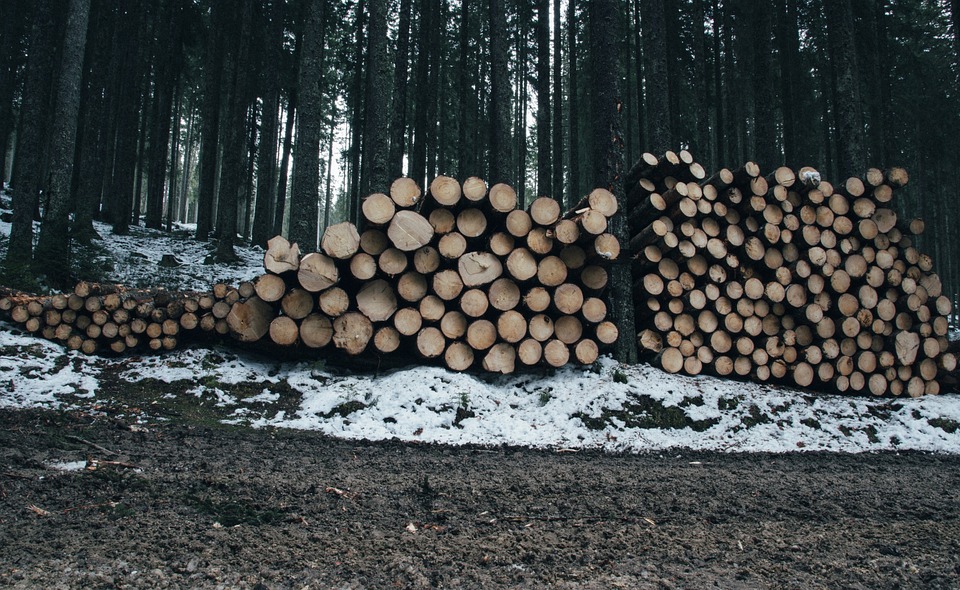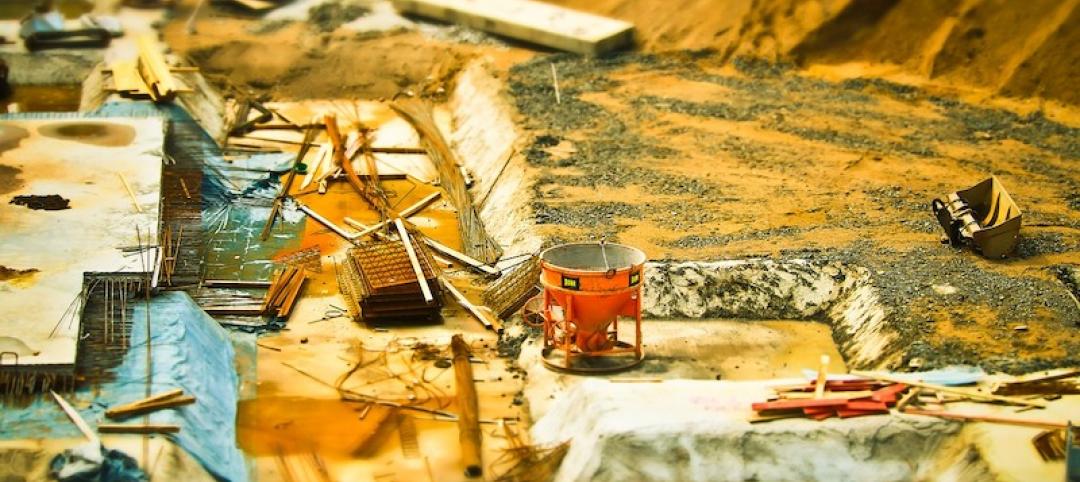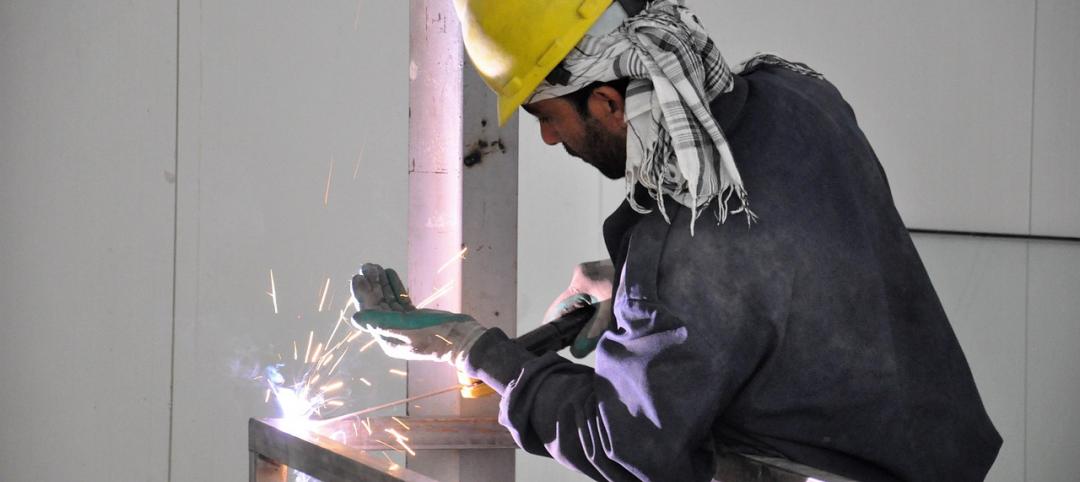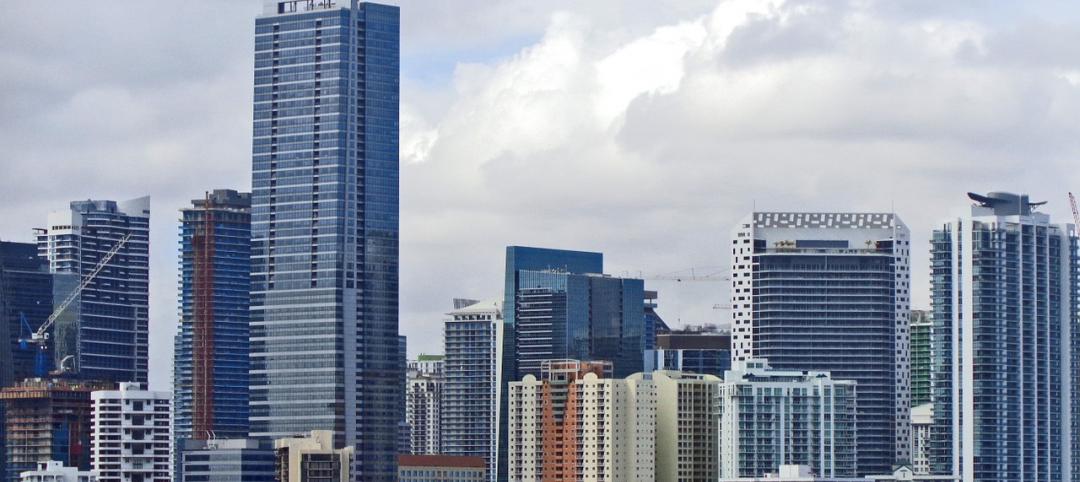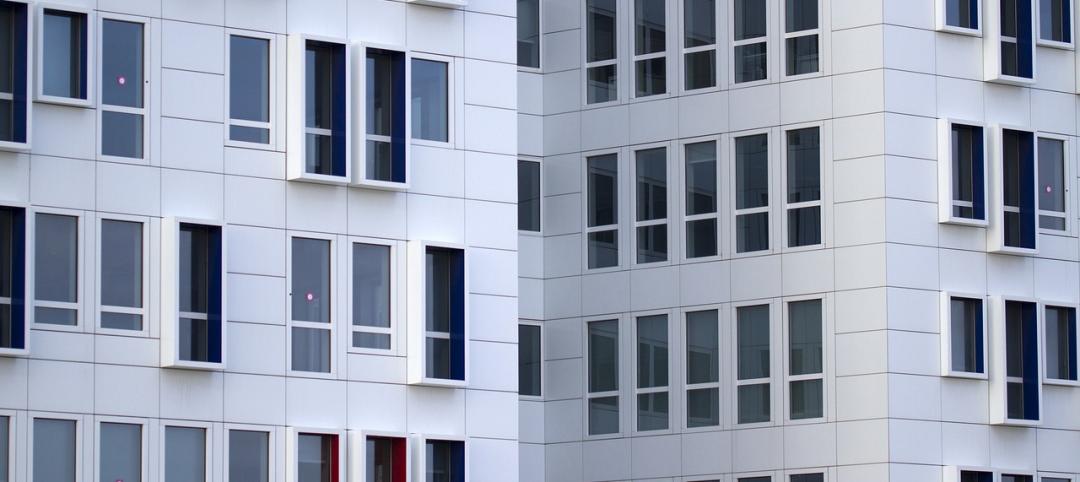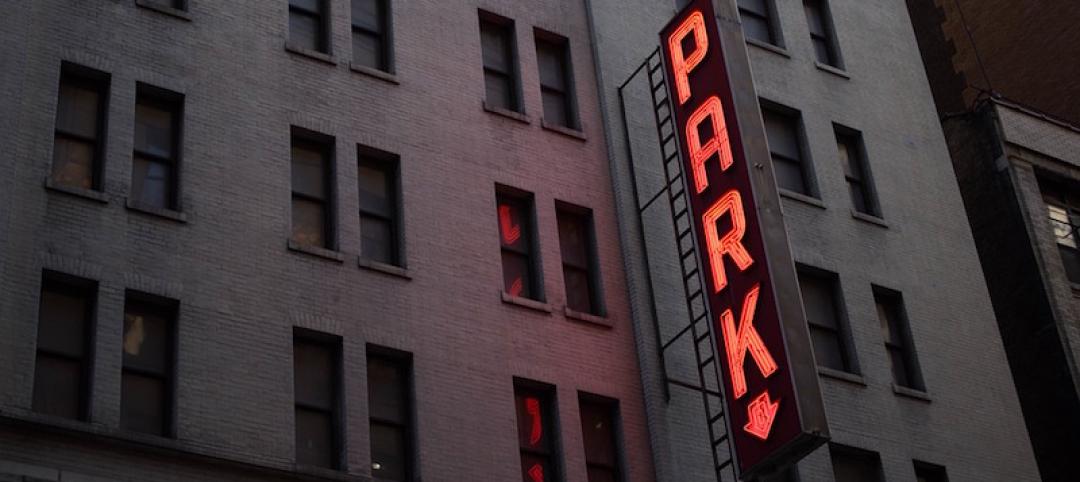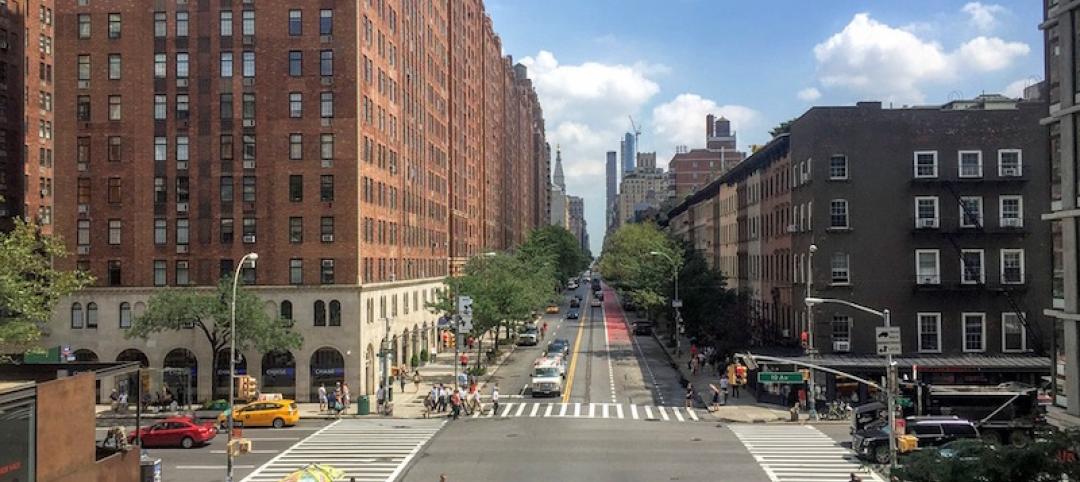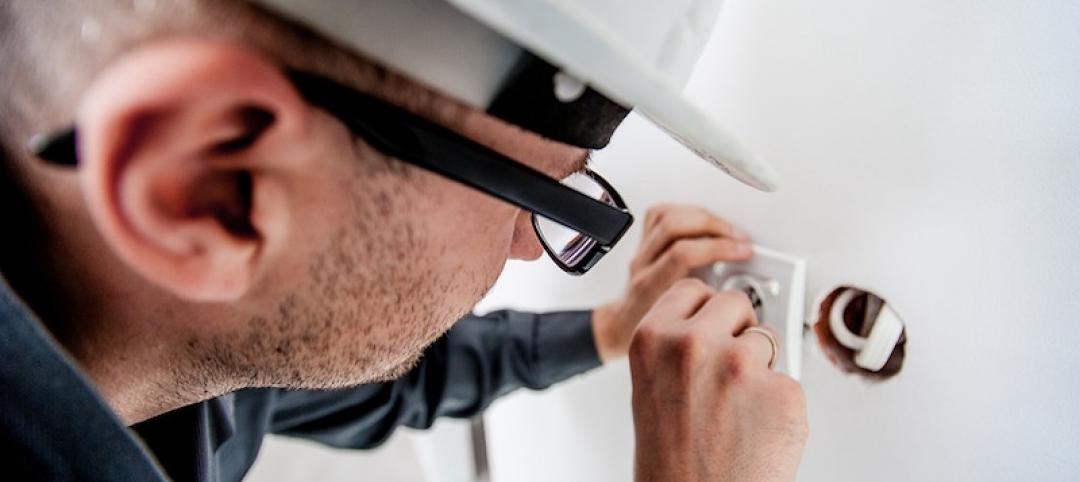The U.S. Department of Commerce recently announced preliminary tariffs on Canadian softwood lumber, ranging from 3.02% to 24.12% per producer.
The average import tax is 20%. The move is intended to help U.S. lumber producers compete with Canadian producers.
The U.S. International Trade Commission investigated whether Canadian producers' sourcing timber from government-owned land allows them to buy a product at a lower cost than U.S. producers, which typically source timber from private land. The tariffs are expected to generate $1 billion in revenue on imports of about $5 billion annually.
The duties were lower than analysts had expected, according to a Bloomberg report. The U.S. may also add antidumping duties, though, if allegations that Canadian producers are selling product at below-market rates in the U.S. are proven. The issue of volume and pricing of Canadian softwood lumber exports to the U.S. has been the source of a decades-long trade dispute between the two countries.
Related Stories
Codes and Standards | Jun 7, 2017
New Colorado law could stimulate stalled condo market
Construction defect law modifications could ease litigation risk and cut insurance rates.
Codes and Standards | Jun 6, 2017
New York City will require construction superintendents on buildings higher than three stories
New laws focus on construction safety.
Codes and Standards | May 30, 2017
Industry Groups move toward Unified Green Building Model Code in 2018
The effort involves combining ASHRAE's Standard 189.1 with the International Green Construction Code.
Codes and Standards | May 30, 2017
OSHA suspends electronic injury, illness reporting requirement
The agency is keeping records from being publicly disclosed—for now.
Codes and Standards | May 30, 2017
Florida preparing to adjust to new building elevation requirements
New floodplain maps and state code changes loom.
Codes and Standards | May 30, 2017
Heated debate over whether Calif.’s prevailing wage requirement stymies affordable housing
There’s disagreement around how much pay regulations add to cost of projects.
Codes and Standards | May 25, 2017
Technology is influencing parking requirement codes in new developments
Uber and Lyft make it easier for urban dwellers to live without owning cars.
Codes and Standards | May 25, 2017
Better Buildings Challenge Partners on track to reduce energy usage by 20% in 10 years
More than 1,000 proven solutions are now available on DOE web site.
Codes and Standards | May 22, 2017
Affordable housing initiative drives surge in residential unit permits in New York City
New permits tripled from year-ago period.
Codes and Standards | May 22, 2017
Amid labor shortage, industry groups urge government action to boost trades
AGC says a shortage of qualified workers is limiting the economy from adding more jobs.


